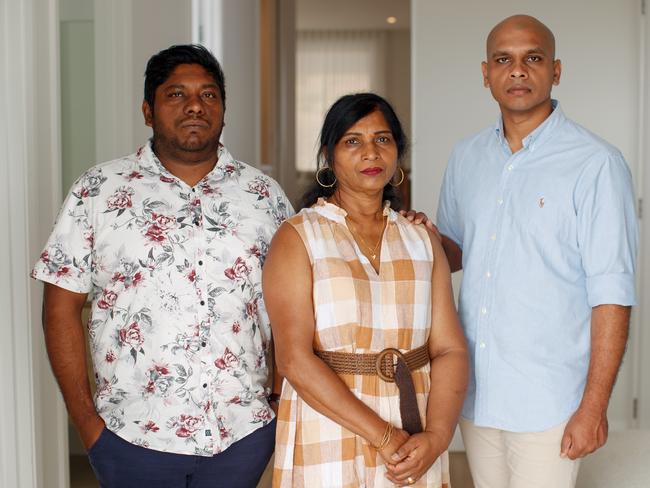
My dad’s death will not be in vain: doctor
Roy Mariathas’s father died after heart surgery. He wants to protect other families from system cover-up and ongoing grief.

Roy Mariathas’s father died after heart surgery. He wants to protect other families from system cover-up and ongoing grief.
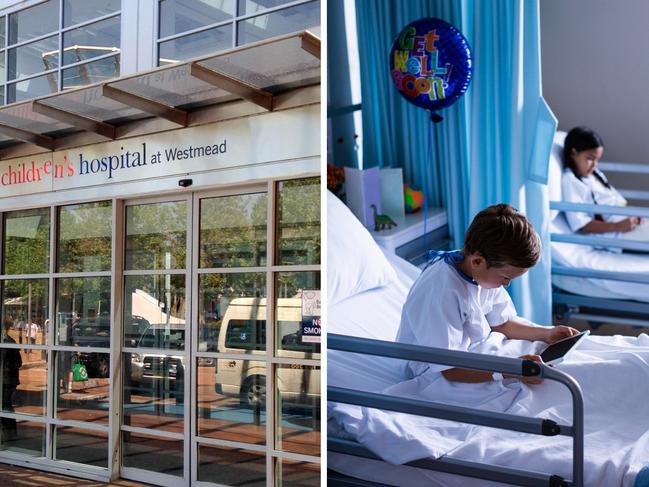
The surgery crisis at one of Sydney’s major children’s hospitals has left sick kids facing the prospect of not being able to access lifesaving surgeries.

Activewear has come of age, and scrunch-bum tights are the pinnacle. Big, small or pancake-like, even 50 year-old butts can rock these tights
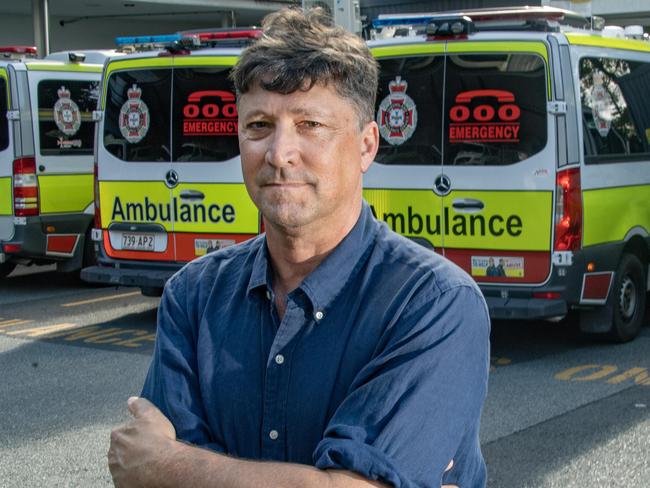
The heads of Australia’s medical colleges are warning our public health systems face a dire future of chronic understaffing, unmanageable workloads and critical threats to patient safety unless bureaucratic overreach is overhauled.

Labor’s centrepiece Medicare policy promising most patients will be able to see a doctor for free has been discredited as a ‘utopian vision’.
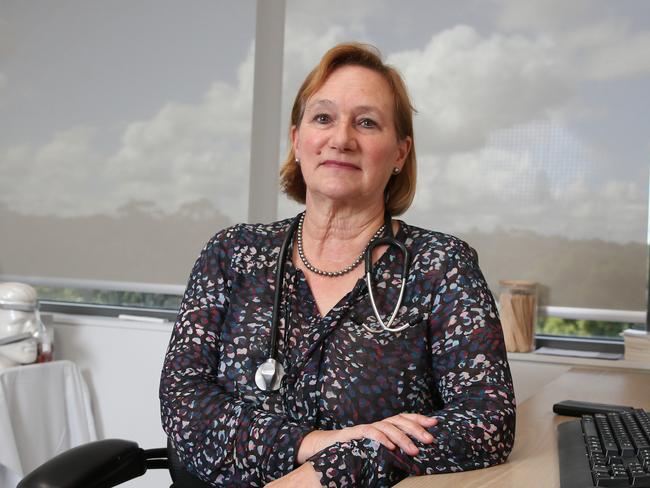
Deborah Yates was the kind of doctor who lived to serve in public hospitals. But not any more. She is not alone in turning her back on what she says is a broken system.
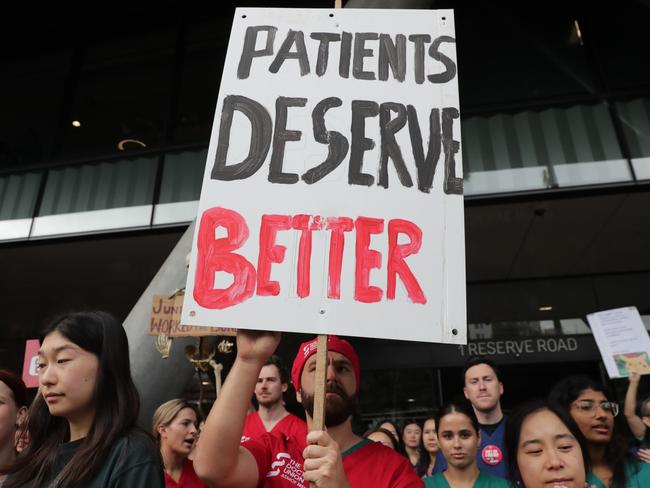
Cracks in the public health systems are bleedingly obvious, and can no longer be ignored.
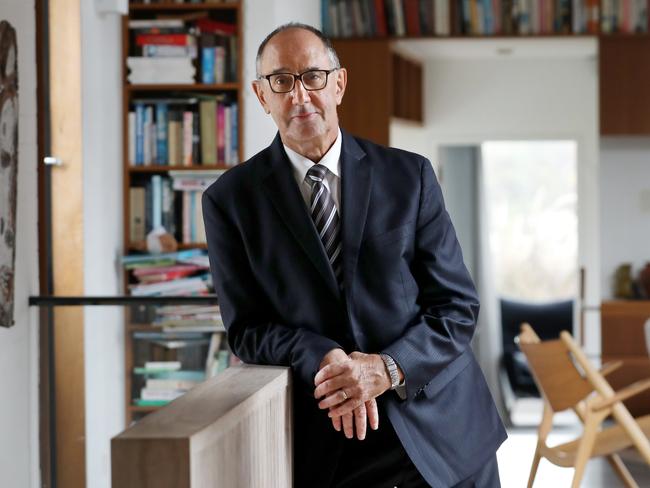
Hospitals are at risk of being drained of the country’s most talented and skilled doctors with swathes of the medical workforce set to abandon the public sector amid what is being described as a widespread culture of cover-up and payback.
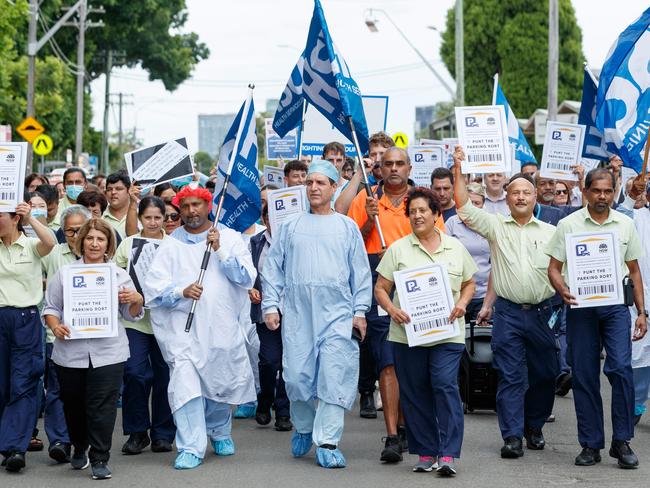
It started as a staff uprising, led by an unassuming intensive-care physician, that grew into a statewide probe and fears of a toxic culture gripping a health system.

Labor’s cash injection is no panacea for our ailing medical system and it could well backfire.
Original URL: https://www.theaustralian.com.au/author/natasha-robinson/page/3